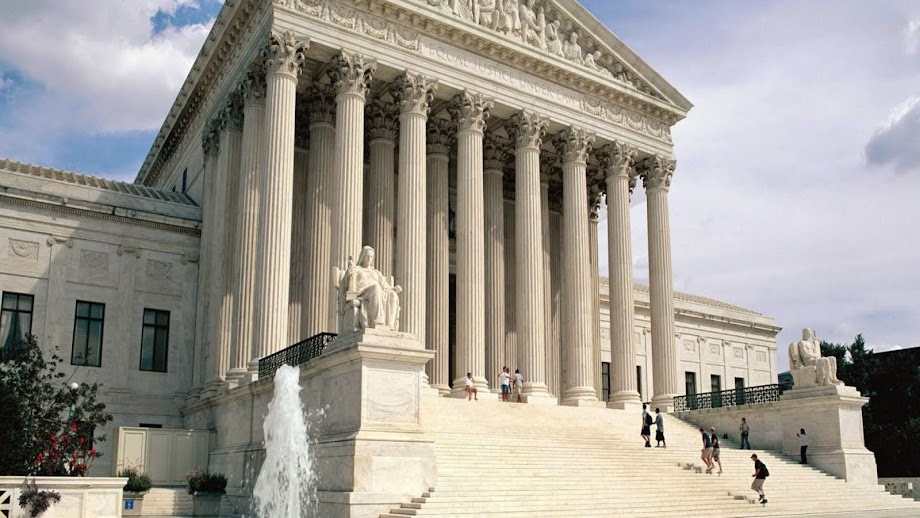Warger
v. Shauers was one of the first cases heard by the Court during this year’s
term, back in the second week of October. It is No. 13-517.
The case revolved around a truck and
motorcycle collision in South Dakota that caused the rider to lose part of
their leg. The rider sued, and subsequently lost. However, after the trial was
over, it was discovered that Regina Whipple, the jury’s forewoman, was biased
in favor of the truck driver. The information was revealed to the rider’s
lawyer by one of the jurors, who said that during deliberations Ms. Whipple
revealed that her daughter had been responsible for a fatal accident, and had
her daughter been sued, it would have ruined her life.
Armed with this new information, the
rider sought a new trial, but lower courts refused to consider the statement,
and so the case went to the Supreme Court. This Thursday, the Court unanimously
ruled that jurors may not testify about what went on during deliberations even
to expose dishonestly in jury selection. The decision was written by Justice
Sonia Sotomayor, who pointed to the sanctity of jury deliberations, and to the
fact that Whipple’s daughter’s accident did not provide her or the rest of the
jury with specific knowledge regarding negligence liability for car crashes,
and therefore does not count as extraneous prejudicial information.

No comments:
Post a Comment